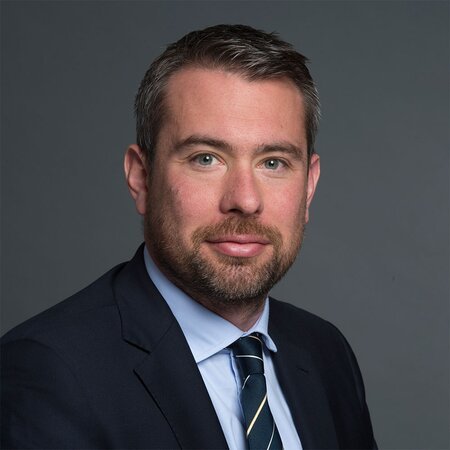2022年4月7日(木) – 日本時間午後5時~
モデルベースのリスクマネジメント手法は、変動性が高く、影響が大きく、また確率が非常に低い事象にはうまく機能しません。このタイプのリスクマネジメントは、パラメーターまたは予測可能な一連の事象の範囲内では非常に効果的ですが、人々が万全だと信じるシステムの操作を任されている場合は自己満足につながる可能性があります。
固定モデルは「既知の未知数」を考慮しますが、「未知の未知数」は無視します。より一般的には、固定された宇宙または起こり得る結果のモデルに基づく決定理論は、「モデルの外」にある事象の影響を無視して最小化します。
今回のウェビナーでは、以下の重要な分野について検討しますので是非ご参加ください。
• ブラックスワンイベントをどのように定義するか?
• 人間の行動とパフォーマンスは予測できるか?
• ブラックスワンイベントのトレーニングは可能か?
Join us on Thursday 7th April at 9am GMT / 4pm Singapore Time (SGT), for presentations and discussions on whether you can train for a Black Swan Event.
<button>Register today</button>
The reliance on model-based risk management techniques does not work well in the presence of highly volatile, high-impact and very low probability events.
While this type of risk management can be very effective within the parameters of the predictable series of events it can lead to complacency when people are tasked with operating the system they believe sufficiently equipped for anything.
A fixed model considers the "known unknowns”, but ignores the "unknown unknowns".
More generally, decision theory, which is based on a fixed universe or a model of possible outcomes, ignores and minimizes the effect of events that are "outside the model".
Join us for presentations and discussions on the following key areas:
- How do we define a Black Swan Event
- Can human behaviour and performance be predicted
- Is it possible to train for a Black Swan Event
The Panel
Stuart Edmonston, Loss Prevention Director
Stuart, a Master Mariner, joined Thomas Miller’s Loss Prevention department in 2014. Prior to this he worked as casualty investigator for a leading shipping law firm and was at sea on a variety of different ship types including crude oil tankers, freight ferries, passenger ships and offshore drilling units, where he sailed as Barge Master.
Captain David Owens MSc BSc FRAeS, Global Head of Training Policy and Learning Strategy, CAE
Former Senior Director of Training Policy for Airbus, where he flew the A350, A330 and A380 prototypes and trained as a test pilot. Before that, he was Director Flight Operations at IndiGo and Chief Training Captain easyJet. David’s first degree was in Maritime. He has a Masters degree from the College of Aeronautics, Cranfield and is a Fellow of the Royal Aeronautical Society.
Paul Fairbrother, Head of Maritime Training, CAE
Previously Principal Engineer Instructor for Chevron moving there from CSMART in the Netherlands where he was Director of Engineering Training. Prior to moving to the Netherlands, he had a varied career in the maritime sector, finishing his sea career as Chief Engineer before coming ashore as a superintendent. Then moving on to Lloyd’s Register as a surveyor and then onto the Maritime and Coastguard Agency holding several positions including Deputy Chief Examiner, Head of Fishing and Code Vessel Safety and Head of Environmental Policy.
Leah Fennema Hall, Behavioural Science, CAE
Leah is a behavioural scientist, researcher and consultant with extensive experience supporting organisations to meet their unique goals. She has a Bachelor of Science degree in Behaviour Analysis and a Master of Science Degree in Psychology. As a Board Certified Behaviour Analyst, Leah is a Director of the Board of the UK Society for Behaviour Analysis where she chairs the Board’s Strategic Planning Committee and Organisational Behaviour Management Special Interest Group.
Register today
<button>Register your interest for this webinar here</button>
The webinar will be an interactive session and upon registration, you will be given the opportunity to submit questions to the panel.

